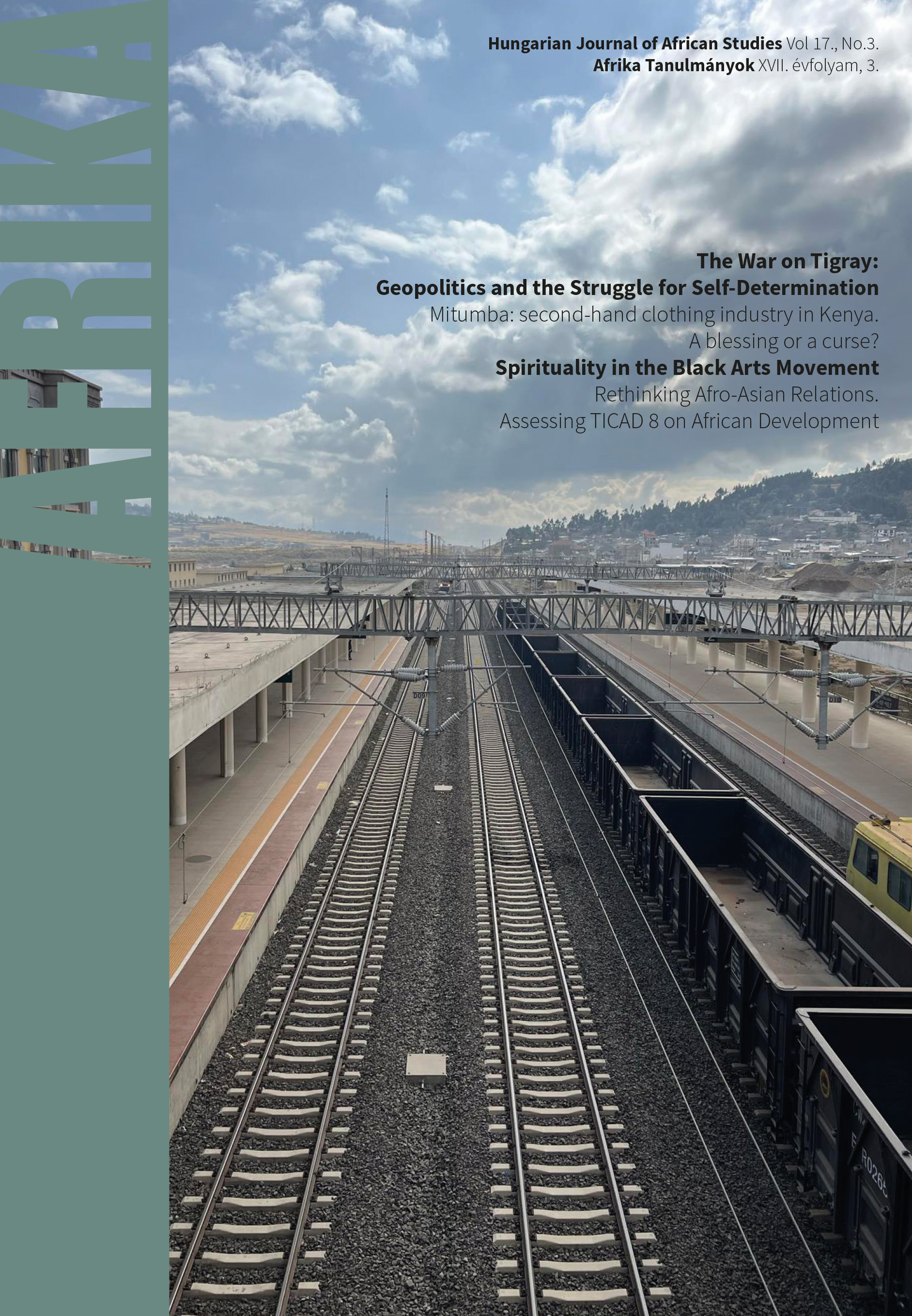Mitumba: second-hand clothing industry in Kenya. A blessing or a curse?
DOI:
https://doi.org/10.15170/AT.2023.17.3.2Keywords:
Kenya, second-hand clothing industry, mitumba, waste colonialism, fast fashionAbstract
Kenya is one of the leading SHC importers in Africa. The aborted import substitution industrialisation, the liberalisation of the economy, and the failure of the domestic textile industry led to the SHC trade surge, which is the direct product of the global (ultra)fast fashion linear business model. SHC industry is beneficial for the economy and the people of Kenya due to job creation, income and revenue generation, and the provision of affordable clothing. However, it has detrimental impact on the environment and the local textile/fashion industry. To maintain the benefits and reduce the negative effects, it is important not to completely eliminate it. In the short run, quantity should be decreased, and the quality should be improved to reduce waste. In the long run, there should be a gradual decrease and eventually elimination of second-hand clothing imports, depending on the revitalization of domestic garment industry.
Downloads
Published
How to Cite
Issue
Section
License

This work is licensed under a Creative Commons Attribution-NonCommercial-NoDerivatives 4.0 International License.
















